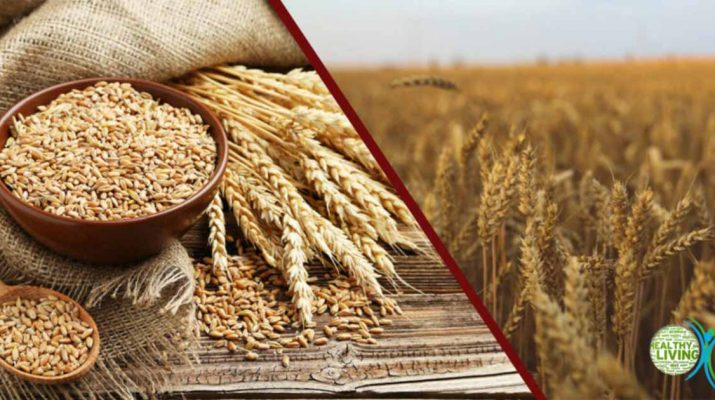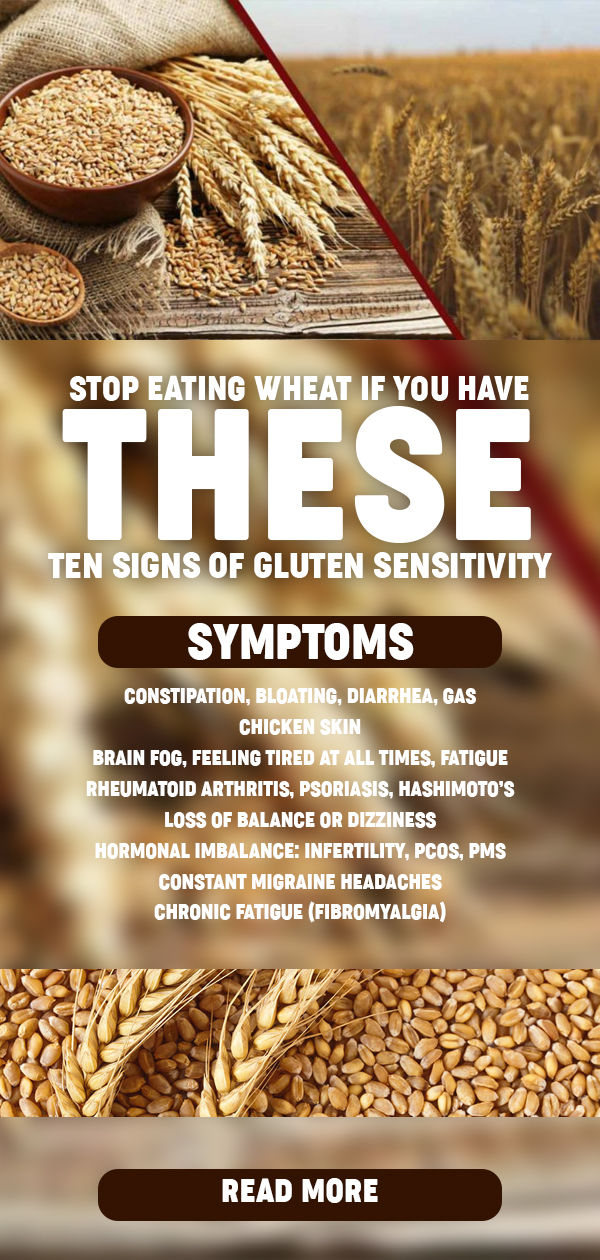Gluten is a protein commonly found in wheat (pasta, baked goods, cereals, bread, etc), barley (beer, malt, brewer’s yeast, food coloring), rye (bread, cereals, beer) and many other grains. It helps the food stick together.
There are some people that experience discomfort or changes in their body when they consume foods that contain a lot of gluten. These people have gluten sensitivity (GS). However, it is important to differentiate gluten sensitivity between celiac disease (CD).
Therefore, some components of gluten may affect certain individuals and cause various symptoms. They may resemble celiac disease but are highly different.
Symptoms of Gluten Intolerance
Here are some of the symptoms of gluten intolerance, which might mean your body doesn’t like the gluten:
- constipation, bloating, diarrhea, gas
- chicken skin (or Keratosis Pilaris) on the back of the arms, because of the lack of vitamin A.
- brain fog, feeling tired at all times, fatigue
- an autoimmune disease like Rheumatoid arthritis, Psoriasis, Hashimoto’s thyroiditis, Ulcerative colitis, Multiple sclerosis, Scleroderma, or Lupus.
- loss of balance or dizziness
- hormonal imbalance: infertility, PCOS, PMS
- constant migraine headaches
- chronic fatigue (fibromyalgia)
- problems with the joints like pain, inflammation, and swelling, especially around the hips, knees, and fingers
- depression, ADD, mood swings, and anxiety.
Get Tested for Gluten Intolerance
If you want to get a test to see whether you have or don’t have gluten intolerance, you should get your blood tested. So, if the doctor believes you do, you will need to consume a gluten-free diet.
However, have in mind that it takes more than a few months or even years to remove the gluten from your system completely. Therefore, you need to be patient and determined.
How Can You Treat Gluten Intolerance?
It is not easy to completely remove gluten from your system. As a result, there will always be some traces of it in your body. Not to even mention that some supplements and medications contain gluten as well.
Therefore, you need to be careful to make the right choice and purchase the right kind of food. Carefully read the labels to see if a product contains gluten.
Gluten Doesn’t Affect My Health. Should I Eat it?
Yes, you should. Gluten can be very healthy, especially the one in grains. However, you should avoid highly processed foods, desserts, and meals that contain too much gluten.
Therefore, you can consume cereals, baked goods or any kinds of wheat you like.
After all, gluten has been a part of our food for a very long time. So, if you are not allergic or have celiac disease, you don’t have to skip consuming foods that contain gluten. In the end, if you want to avoid or consume gluten it is all up to you.
Besides, you only need to stay away from it if you have gluten sensitivity; otherwise, it is completely safe to consume.
Source: Kris Carr | Scientific American | MBG | Celiac Disease Foundation | WebMD | Gluten Intolerance Group


